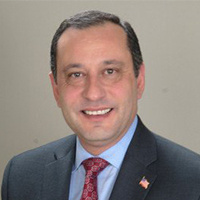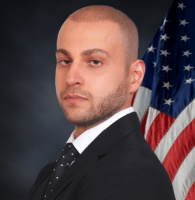Justice DUI-DWI Lawyer, Illinois
Sponsored Law Firm
-
 x
x

Click For More Info:
-
Law Offices of Scott T. Kamin
53 W. Jackson Blvd Suite 1057 Chicago, IL 60604» view mapCriminal Defense & Felony If The Police Were Wrong, CALL SCOTT
My goal as your criminal defense lawyer is to help you minimize the consequences you face. I have extensive outside resources and an experienced staff on my side.
800-963-2980
Joseph J. McNerney
✓ VERIFIEDWhen you’re embroiled in a legal battle involving a criminal case or traffic violations, make sure you’re effectively protected against severe con... (more)
John S. Fotopoulos
✓ VERIFIEDJohn Fotopoulos of Fotopoulos Law established the firm on two simple firm principals: to have competitive rates allowing everyone to afford the advice... (more)
Khaled Issa
Khaled Issa is a well-versed trial attorney with more than 10 years of legal experience. Knowledgeable in many areas of law, Attorney Issa concentrate... (more)
FREE CONSULTATION
CONTACT Scott Kamin Chicago, IL
Scott Kamin Chicago, IL Practice AreasExpertise
Practice AreasExpertise



